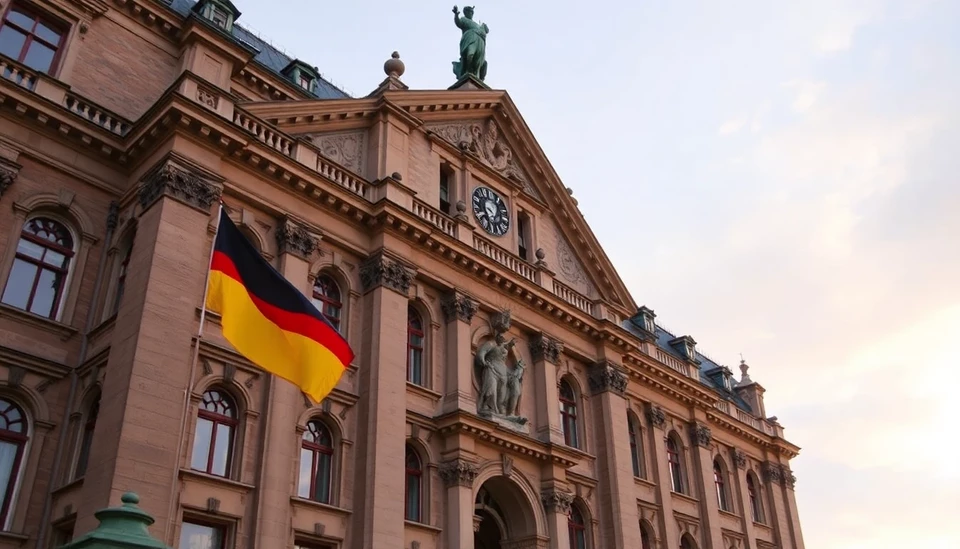
Germany is currently facing a political turning point that could significantly impact its ambitious energy transition strategy. A snap election, looming on the horizon, has raised uncertainties regarding the country's commitments to sustainable energy policies. These developments come amid Chancellor Olaf Scholz's ongoing tussles with coalition partners, particularly concerning energy costs and regulatory frameworks.
As the current government grapples with internal discord, the likelihood of a snap election has heightened discussions about the future of Germany's renewable energy initiatives. The Social Democratic Party (SPD), led by Scholz, is under pressure from the Green Party and the Free Democratic Party (FDP) to ensure that the energy transition remains a priority amidst growing concerns about energy supply security and financial implications for consumers.
In recent months, Germany has committed to phasing out fossil fuels and transitioning fully to renewable sources. However, the tension within the coalition government could lead to policy inconsistencies, which might derail progress made so far. Critics argue that without a united front, the ambitious goals set for 2030—to achieve a 65% reduction in carbon emissions—could become increasingly unattainable.
Polls indicate the potential for significant changes in voter sentiment, which might favor opposition parties that may not prioritize green policies to the same extent as the current government. The rising costs of energy amid Europe’s ongoing economic challenges are a focal point for voters. If the snap election proceeds, the current coalition's plans may face a dire challenge from newly empowered political factions that are particularly skeptical about green energy transitions and their associated costs.
This impending vote has prompted urgent discussions among stakeholders regarding how to sustain momentum in renewable energy developments. Experts emphasize the need for a cohesive approach among coalition partners to ensure that Germany does not regress on its climate commitments, particularly at a time when global climate issues remain a pressing reality.
As the political landscape evolves, it is essential for all parties involved to cooperate and devise strategies that balance economic viability with environmental imperatives. The next few weeks are critical for determining how Germany will navigate its energy transition amidst a politically uncertain climate. The upcoming snap election could prove pivotal in shaping not only the country's energy policy but also its standing on the global stage in the fight against climate change.
In conclusion, as Germany stands on the brink of a potential snap election, the focus remains on how these political changes will affect the nation’s ambitious energy goals. Stakeholders and citizens alike await clarity on how new leadership might approach the challenges of energy transition in the context of economic realities and international commitments.
#Germany #EnergyTransition #SnapElection #Sustainability #ClimateChange #CoalitionGovernment
Author: Megan Clarke




